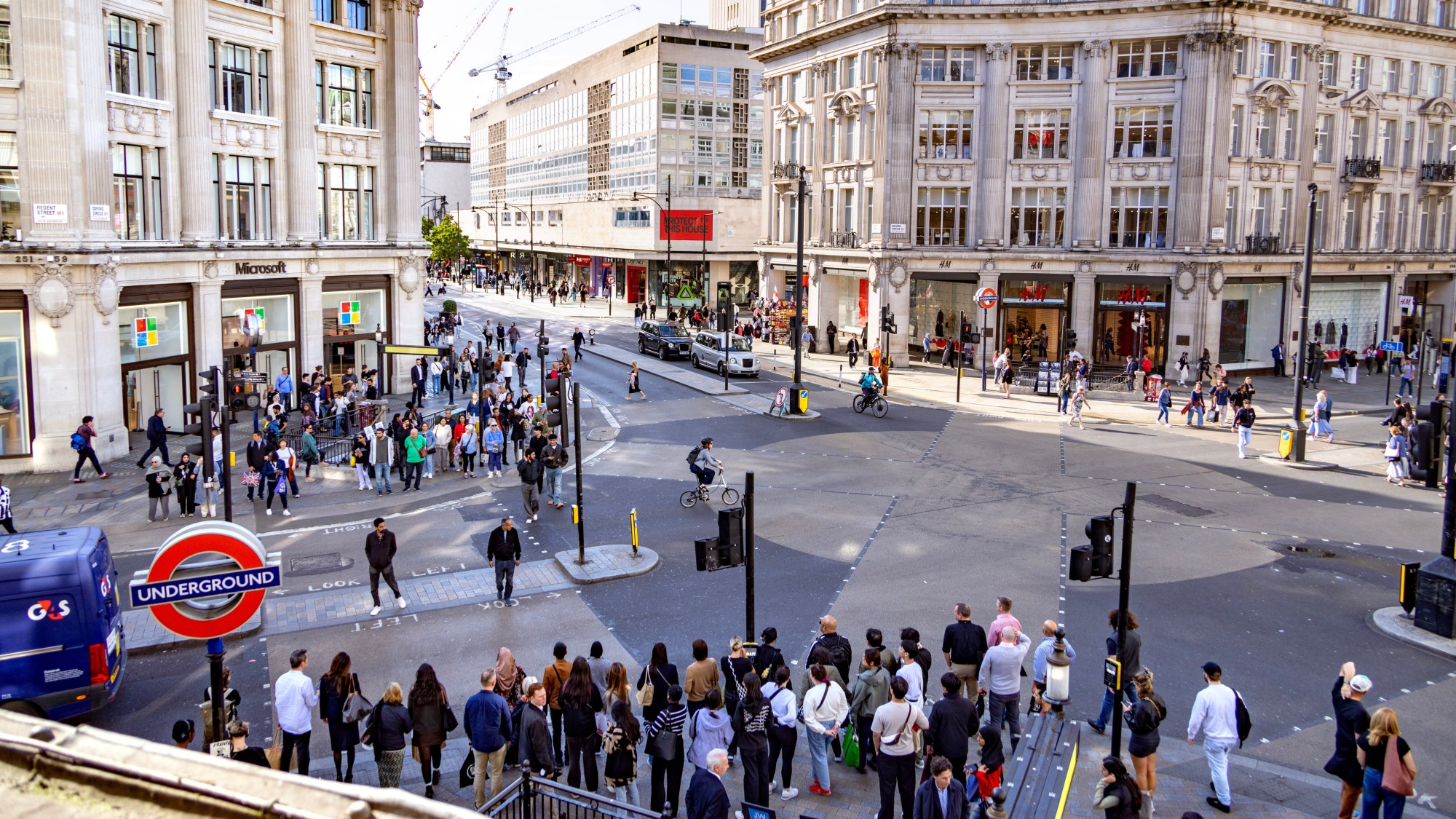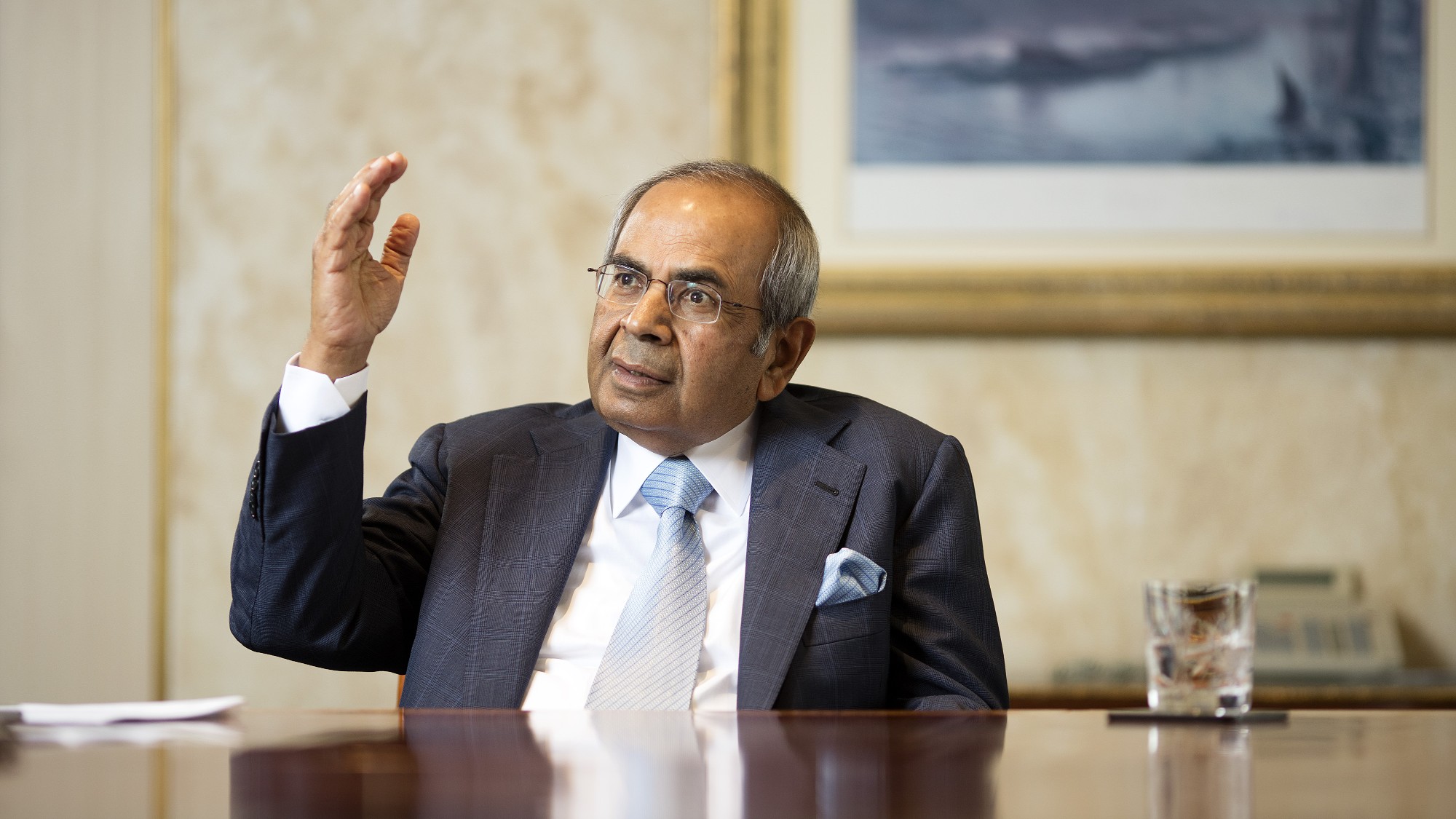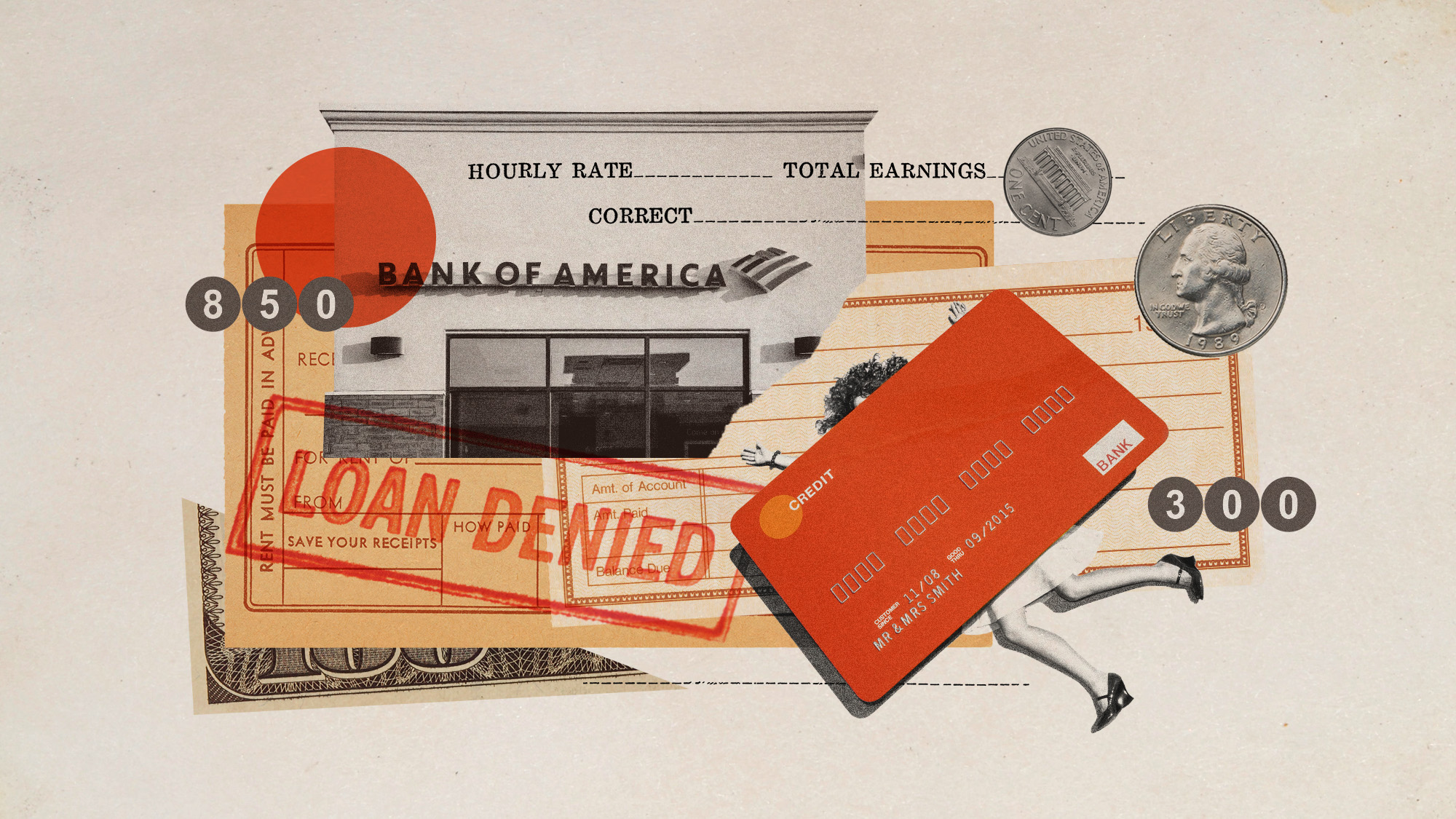Oxford Street: a return to former glories?
Sadiq Khan hopes to restore the fortunes of the famous London shopping street but is pedestrianisation the way forward?

A free daily email with the biggest news stories of the day – and the best features from TheWeek.com
You are now subscribed
Your newsletter sign-up was successful
The London mayor said "urgent action" is needed to regenerate Oxford Street as he announced a new plan for the West End's famous high street.
Oxford Street was "once the jewel in the crown" of Britain's retail sector, said Sadiq Khan, and he is resurrecting a previously rejected plan to pedestrianise part of the street.
Antidote to gaudy US candy shops
MPs and retailers alike have long "sought to breathe new life" into a street whose "renown and cultural position on the most expensive side of the Monopoly board has long been at odds with a down-at-heel reality", said The Guardian.
The Week
Escape your echo chamber. Get the facts behind the news, plus analysis from multiple perspectives.

Sign up for The Week's Free Newsletters
From our morning news briefing to a weekly Good News Newsletter, get the best of The Week delivered directly to your inbox.
From our morning news briefing to a weekly Good News Newsletter, get the best of The Week delivered directly to your inbox.
The way people move around the street has often been at the heart of the conversation. During the 1960s there was a plan to "carry shoppers via a travelator" and in the 1970s there was a plan for a "track carrying cars on air cushions" but both ideas "failed to take off".
More recently, Oxford Street has been "blighted" by an "influx of gaudy US candy shops, vape vendors and empty store fronts", said the Daily Mail. "Rising crime, the Covid-19 pandemic and online shopping" were blamed for its "shocking demise".
This summer, hopes emerged that a "series of new businesses" could "signal a change and return the world renowned road to its former glory".
An easy win
Khan hopes to keep that momentum going with his new plan. "Almost a century after horse and carts were banned in an attempt to end slow moving traffic" a big change is planned, said The Guardian.
A free daily email with the biggest news stories of the day – and the best features from TheWeek.com
A 0.7-mile stretch would be pedestrianised between Oxford Circus and Marble Arch, with the prospect of further changes east, towards Tottenham Court Road. The project is expected to cost around £150 million and Khan hopes that "local businesses, private funders and new revenue streams could foot the bill", said the BBC.
"All the evidence suggests a pedestrianised street, a well-designed street is safer, is greener, is healthier," Khan told Marie Claire. It would entice customers back, attract better retailers and leave fewer vacant stores, a "win win win".
Pedestrian panacea or problem?
Oxford Street's "spiralling tawdriness" is a "miserable advert" for London, said James Innes-Smith in The Spectator. The "candy stores and tourist tat 'luggage' emporiums, the gang fights and phone snatchers are an embarrassment". So "something has to change" and once traffic has been removed, the street's "astonishingly varied architecture will finally come into its own".
But "the Oxford Street of our youth is never coming back", said Hannah Ewens on the i news site. London rents are "excruciatingly high" and if government support "isn't there", the street will "continue to be lined with businesses that contribute absolutely zero to both tourists and those living in London".
The move "will not be the panacea for shoppers on foot" that Khan imagines, said Paul Clements in The Independent. The "masterplan" is "guaranteed to infuriate black cabbies" and means the "elderly shopper or busy mum" will no longer be able to "hop on a double-decker outside John Lewis or hail a cab outside Selfridges".
The Labour head of Westminster Council said the plan could increase crime and make it a target for terrorists, said LBC. "A pedestrianised scheme poses a different set of challenges for hostile vehicle mitigation" than one that retains traffic, in "order to keep shoppers safe from terrorism", said Adam Hug.
There has also been pushback from Conservatives, who blocked Khan's previous attempt to pedestrianise part of the street in 2018. Now, they say the plan will be unpopular and that Khan is "forcing things through", said the BBC.
Chas Newkey-Burden has been part of The Week Digital team for more than a decade and a journalist for 25 years, starting out on the irreverent football weekly 90 Minutes, before moving to lifestyle magazines Loaded and Attitude. He was a columnist for The Big Issue and landed a world exclusive with David Beckham that became the weekly magazine’s bestselling issue. He now writes regularly for The Guardian, The Telegraph, The Independent, Metro, FourFourTwo and the i new site. He is also the author of a number of non-fiction books.
-
 Political cartoons for February 12
Political cartoons for February 12Cartoons Thursday's political cartoons include a Pam Bondi performance, Ghislaine Maxwell on tour, and ICE detention facilities
-
 Arcadia: Tom Stoppard’s ‘masterpiece’ makes a ‘triumphant’ return
Arcadia: Tom Stoppard’s ‘masterpiece’ makes a ‘triumphant’ returnThe Week Recommends Carrie Cracknell’s revival at the Old Vic ‘grips like a thriller’
-
 My Father’s Shadow: a ‘magically nimble’ film
My Father’s Shadow: a ‘magically nimble’ filmThe Week Recommends Akinola Davies Jr’s touching and ‘tender’ tale of two brothers in 1990s Nigeria
-
 Why is pizza in decline?
Why is pizza in decline?In the Spotlight The humble pie is getting humbler
-
 Tariffs have American whiskey distillers on the rocks
Tariffs have American whiskey distillers on the rocksIn the Spotlight Jim Beam is the latest brand to feel the pain
-
 Texas is trying to become America’s next financial hub
Texas is trying to become America’s next financial hubIn the Spotlight The Lone Star State could soon have three major stock exchanges
-
 Gopichand Hinduja and the rift at the heart of UK’s richest family
Gopichand Hinduja and the rift at the heart of UK’s richest familyIn The Spotlight Following the death of the patriarch, the family’s ‘Succession-like’ feuds are ‘likely to get worse’
-
 From candy to costumes, inflation is spooking consumers on Halloween this year
From candy to costumes, inflation is spooking consumers on Halloween this yearIn the Spotlight Both candy and costumes have jumped significantly in price
-
 Gen Z is facing a credit score crisis
Gen Z is facing a credit score crisisIn the Spotlight The average Gen Z credit score has dropped three points in 2025
-
 Job hugging: the growing trend of clinging to your job
Job hugging: the growing trend of clinging to your jobIn the Spotlight People are staying in their jobs longer than ever
-
 Cracker Barrel crackup: How the culture wars are upending corporate branding
Cracker Barrel crackup: How the culture wars are upending corporate brandingIn the Spotlight Is it 'woke' to leave nostalgia behind?